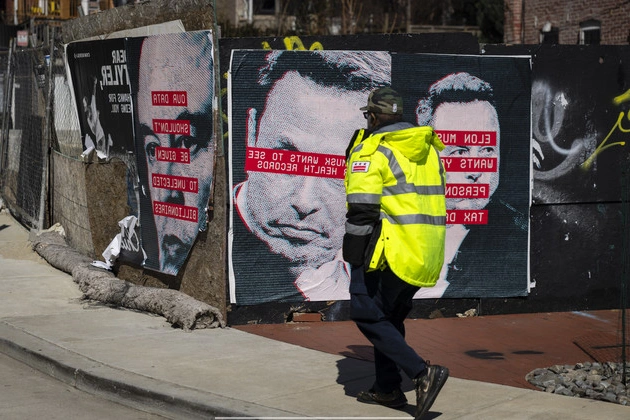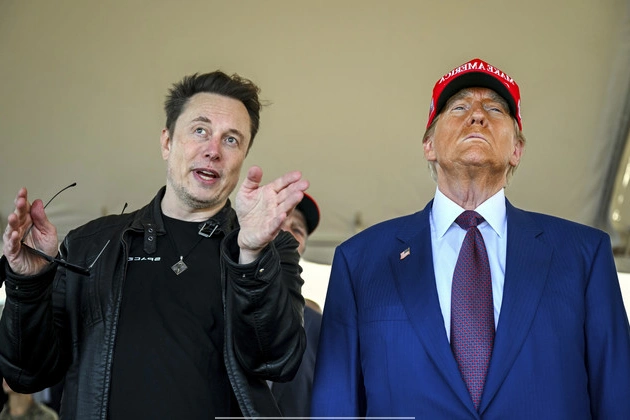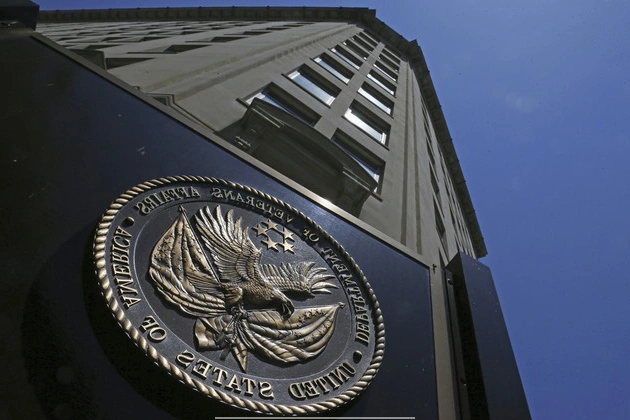
In recent years, the labor market has seen significant fluctuations driven by changes in immigration policies. The era of big-time job gains may be drawing to a close as shifts in migration patterns could have profound implications for job growth and economic stability.
Immigrant Workers and Job Growth
During the previous administration, a surge of immigrants played a crucial role in boosting job numbers and cooling inflation. Economists note that a substantial percentage of job growth was attributed to immigrant workers, with estimates suggesting they accounted for a significant portion of net gains over the last year.
However, the current political landscape raises concerns about the future of job growth. Potential policy changes, including stricter border controls and increased deportations, could disrupt the flow of new workers into the labor market.
Economic Implications of Immigration Policies
The impact of immigration policies on job creation and wage levels cannot be understated. While some argue that stringent measures like deregulation and tax cuts will spur economic growth, others warn of the adverse effects of limiting immigrant labor.
Research indicates that immigrant workers, particularly those on temporary permits, have been instrumental in driving non-farm payrolls. Any significant reduction in their numbers could have far-reaching consequences on various sectors of the economy.
Forecasting Future Trends
Experts predict that the dynamics of job growth will be closely tied to changes in immigration patterns. As policymakers grapple with the balancing act of national security and economic prosperity, the labor market stands at a crossroads.
Uncertainty looms over the future trajectory of job numbers, with projections varying based on the severity of immigration policies. The ability to attract and retain skilled workers from abroad will play a pivotal role in shaping the economic landscape.
Adapting to Shifting Realities
Businesses and policymakers alike must prepare for a future where immigration-related shifts could disrupt traditional labor market dynamics. Strategies for talent acquisition and workforce planning may need to evolve to navigate these uncertainties.
Ultimately, the interplay between immigration policies and job growth underscores the interconnected nature of global economies. As the debate continues, the implications for employment trends and economic stability remain a focal point of discussion.















